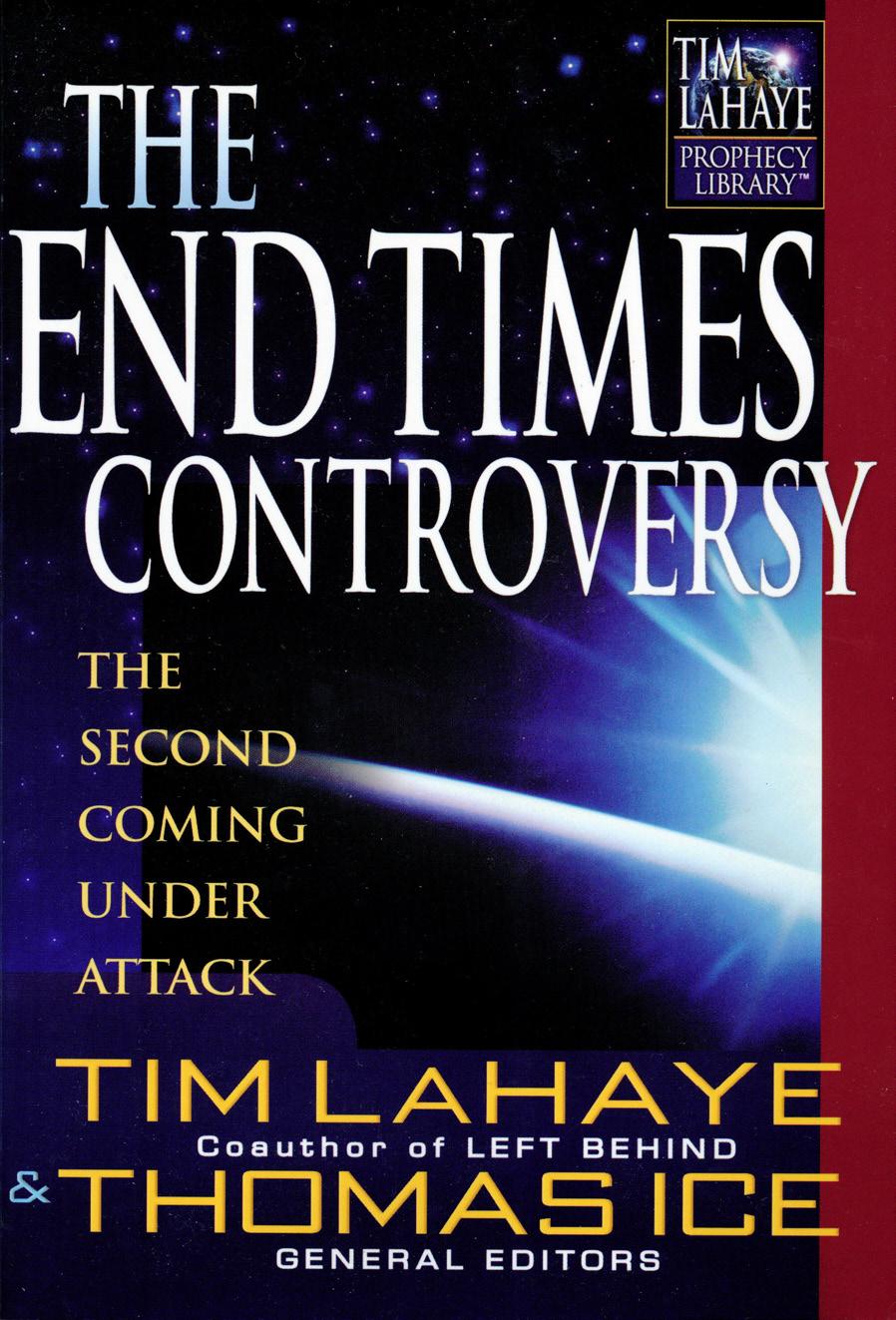Creation to Consummation Heavens and Earth in Biblical Cosmology
W
by Ed Stevens
hy do we preterists have such a difficult time convincing our futurist friends of the first-century fulfillment of the end time events? I believe it is partly because neither of us (preterists or futurists) adequately understands biblical cosmology. Futurists can easily grasp the significance of the time statements, but they immediately take refuge in their belief that nothing like an “end of the world” has yet occurred. They simply cannot believe the end of the world occurred in the first century because planet earth has not been destroyed, paradise has not been restored on earth, nor are we saints living in heaven now. Thus, futurists are letting their presumptions about the nature of fulfillment redefine the time of fulfillment—“soon” cannot mean soon, “shortly” cannot mean shortly. But that puts Jesus and the New Testament authors’ integrity as true prophets in jeopardy. So in order to rescue Christianity from the jaws of the critics, we need to let the time of fulfillment (“soon” does mean soon) define the nature of fulfillment. While it is true that futurists have overly literalized and globalized the end time events, consequently missing their first-century fulfillments, it is also quite possible that we preterists have gone to the opposite extreme of overly spiritualizing and localizing (or “covenantalizing”) the end time events. Perhaps the biblical truth about the nature of fulfillment lies somewhere between these two extremes. Thus, we need to reconsider our concepts of the nature of fulfillment, and a study of biblical cosmology is the place to begin. Our understanding of the phrase “heavens and earth” is a case in point. Futurists deny that the old heavens and earth have passed away and that the new heavens and earth have arrived. Even though they have misunderstood the covenantal-change significance of the first-century end time events, it may be the case that some of us preterists have likewise misunderstood the cosmological significance of those events by claiming that they were fulfilled in a covenantal or spiritual sense only, without any real cognitive, visible, audible, or tangible experience of those events by the saints who remained alive at the time of the Parousia. This is why we need to take a closer look at the meaning of this phrase “heavens and earth” as it is used in the Bible. This phrase is not just symbolic, apocalyptic, or covenantal terminology—it is cosmological language!
What Is Cosmology?
The “cosmos” (Gk. kosmos) is the orderly arrangement of the created universe, including both its heavenly and earthly realms. Cosmology in modern science is the study of the nature of our physical and observable universe, its arrangement, and how its various parts relate to each other. In contrast, Biblical Cosmology focuses on how God and the normally unseen spiritual realm interacts with man and the seen physical realm. Biblical Cosmology attempts to
8
FULFILLED MAGAZINE • WINTER 2015
explain how both realms interrelate to each other. Notice the contrast between the invisible things in the heavens and the visible things on the earth mentioned in Col. 1:16 – “by Him all things were created, both in the heavens and on earth, visible and invisible, whether thrones or dominions or rulers or authorities—all things have been created through Him and for Him.” As Christians we believe there is an invisible realm that is different in nature from the visible realm in which we dwell. And that unseen realm has been there since the beginning of creation (i.e., “In the beginning God created the heavens and the earth” Gen 1:1). But we usually return a blank stare when we are asked to explain what the unseen heavenly realm is like, and how it interacts with and relates to the visible earthly realm. But that is what biblical “cosmology” is all about.
Meaning of KOSMOS and OIKONOMIA
The Greek word kosmos basically means an orderly arrangement, adornment, or decoration of something, as, for example, in the English word cosmetics. Kosmos is used 186 times in 151 New Testament verses, where it is most often translated as world. In regard to the visible world of people, it can refer to how we are organized socially, politically, economically, or philosophically into a world order or orderly system, such as the ancient world or the modern world. It can also apply to the unseen realm, such as the angelic world, and can apply to anything which is organized around or associated with some physical, spiritual, or philosophical principle, such as the philosophical world or the religious world. Kosmos can also refer to the whole creation, including both seen and unseen realms. “In the beginning, God created the heavens and the earth” (Gen 1:1). The heavens and the earth mentioned here refer to the whole created world, including everything in both the seen and unseen realms. But in many contexts, the phrase heavens and earth has the connotation of a world order or orderly arrangement (Gk. kosmos cf. Acts 17:24; Rev 11:15; 13:8; 17:8), or an administration of world affairs (Gk. oikonomia cf. Eph 1:10; 3:9; 1 Tim 1:4). In this context, the meaning of the NEW heavens and earth seems to be that the entire world (Gk. kosmos), including both the seen and unseen realms, will operate under a new set of laws or a new covenantal arrangement or administration (Gk. oikonomia). That is how 2 Peter 3 seems to be using this phrase: The old arrangement or old administration of the world, with its leaders and laws and elementary principles (Gk. stoicheia), was destroyed, so that the new orderly arrangement (kosmos) or administration (oikonomia) could be set up.
The phrase heaven earth is not merel language for coven nor a technical ter referring to the ph Temple in Jerusale
How the word KOSMOS relates to the Kingdom
Furthermore, it appears that the word kosmos can refer






